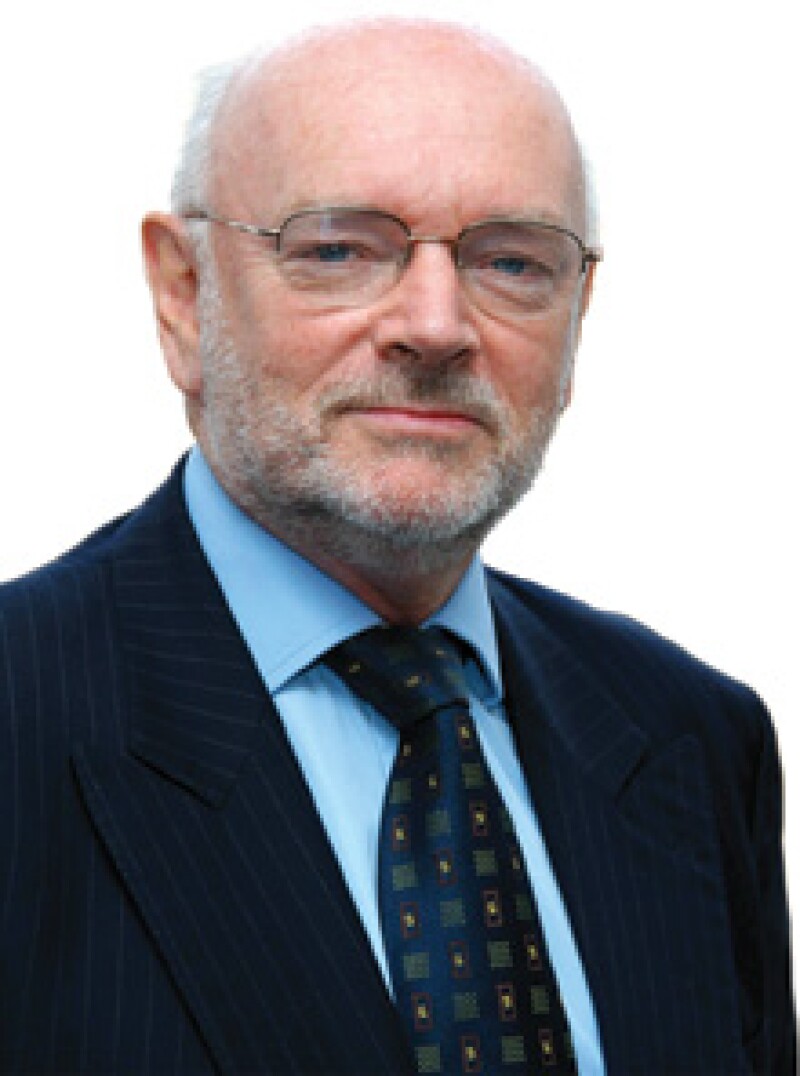
What do you do for the rest of your career after you step down from being the most visible tax official in the world? That’s what Jeffrey Owens had to think about when he left the OECD in February 2012. It is not like there was an obvious role for the first director of the organisation’s Centre for Tax Policy and Administration to move into.
Since he left the OECD behind, the Briton has carved out a portfolio career that gives him the opportunity to research international tax topics as director of the Global Tax Policy Centre at the Institute for Austrian and International Tax Law at the Vienna University of Business and Economics, be a distinguished scholar on the Global Governance Programme at the European University Institute in Florence, participate in organisations such as the International Tax and Investment Centre which creates opportunities for dialogue between officials, particularly in developing countries, taxpayers and practitioners, and take on a role as senior policy adviser to the vice chairman for tax at EY. He also advises governments around the world, particularly in Africa and the former Soviet Union.
It means he can still make an impact on the future course of international tax without having the responsibility to further the discussion and implement solutions, like he had when at the OECD. It also allows him to regain a position in the Global Tax 50 this year.
“I was determined to have a career that spanned academia, government and business,” Owens says. “I need to have one foot in each one. I’m very pleased to have the diversity as it gives me access to information and the opportunity to influence.”
His interests include cooperative compliance, which is practised in some countries such as the Netherlands, where it is known as horizontal monitoring, and broadly describes a dialogue between taxpayers and officials to prevent issues from becoming problems. “It would be easier to resolve BEPS (base erosion and profit shifting) problems if we had that.
He acknowledges that aggressive tax planning exists, but also refers to the aggressive behaviour of governments: “There is nothing wrong with that, but we need some rules of the game about what is acceptable and unacceptable.”
Owens is also interested in the broader interface between tax and governance, which countries such as the UK and Australia have characterised as tax in the boardroom. “I’ve always said that tax is too important to be left to tax directors,” he says.
The Global Tax 50 2013 |
||
|---|---|---|
Michael Noonan |
Rand Paul |
|









